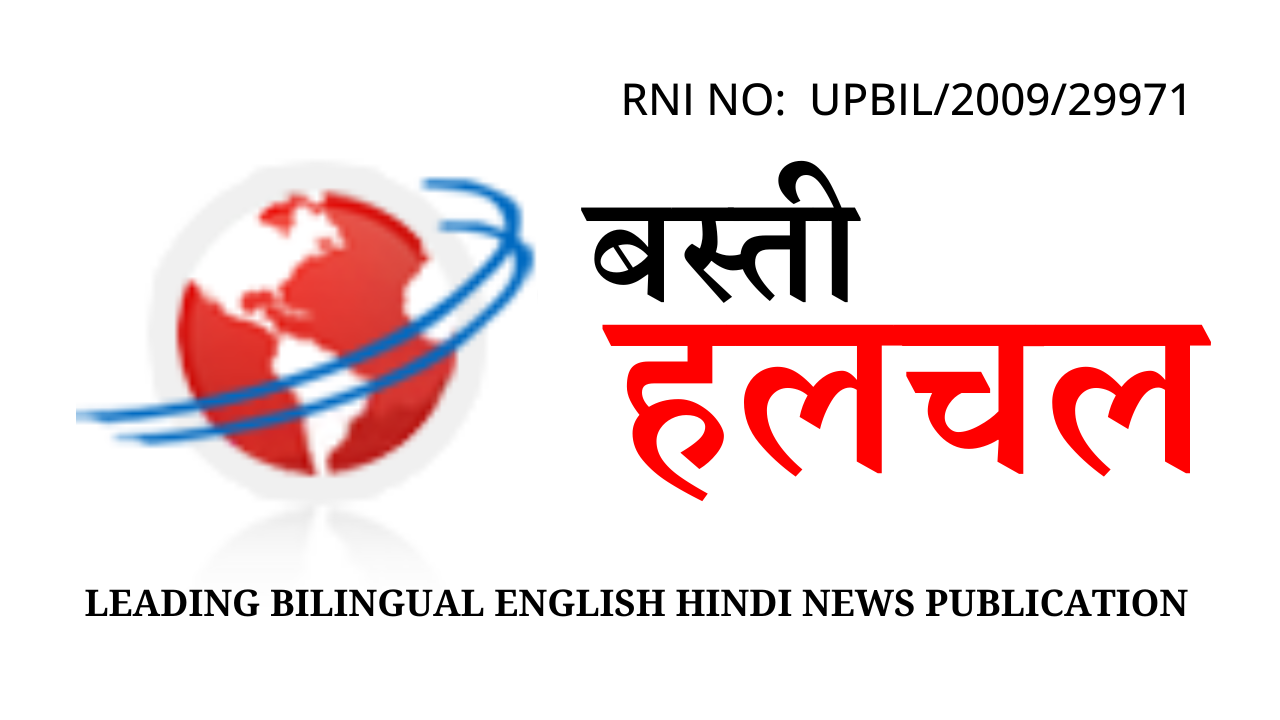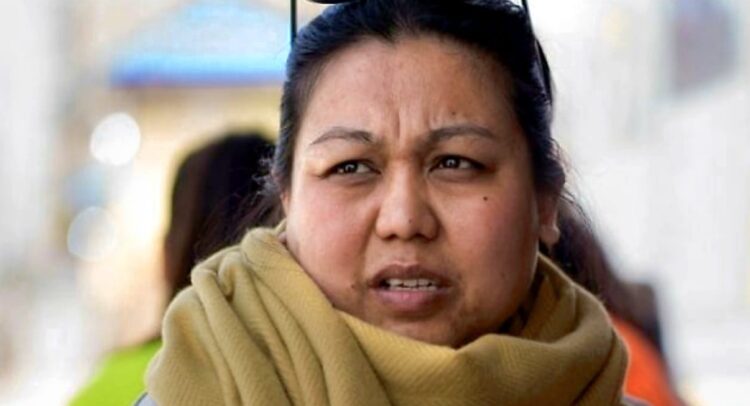Imphal: Critically acclaimed filmmaker Dr Meena Longjam’s “Andro Dreams, capturing the journey of an all-girls football club from Andro, a remote corner in Imphal East district, has won the “Best Documentary “award at the 8th edition of the Jagran Film Festival in Mumbai.
At a glittering ceremony held in Mumbai on Sunday, Meena, a doctorate degree holder in mass communication, bagged the prestigious award.
Describing Meena “win” as another feature on Manipuri Cinema, Manipur State Film Development Society (MSFDS), Secretary Sunzu Bachaspatimayum congratulated Meena Longjam and her entire crew of Andro Dreams on their achievement coming at a time when the State is battling to recover for the unprecedented ethnic strife it has witnessed since 3 May.
“Andro Dreams” is the love story of Laibi, an old woman with a spirited soul, and her three-decade old all girls’ football club battling economic challenges, patriarchal system and orthodoxy at Andro, an ancient village of northeast India, she said.
Her feat came a couple of days ahead of the 69th National Film Awards ceremony to be held at Vigyan Bhawan, New Delhi wherein two renowned Manipuri film makers – Mayanglambam Romi Meitei and Saikhom Ratan – will receive awards for their films “Eikhoigi Yum” (Our house) and “Beyond Blast” respectively.
In her decade-long career as a filmmaker Meena has won many awards, and the most notable one is her 2015 win for the documentary film “Auto driver,” which portrayed the struggles of Imphal’s first female auto rickshaw driver.
Her films are focused on women empowerment as her second docu “Achoubi in Love”, which has travelled to over 30 national and international film festivals, documents her protagonist Achoubi’s fight to save the indigenous Meitei Sagol ponies – ponies that gave rise to the sport of polo.
“Andro Dreams” is about the struggles of two brave protagonists –Laibi, who is in her sixties and runs a football club – Andro Mahila Mandal Association Football Club (AMMA-FC), and her most promising young football player Nirmala, Meena said.
“Laibi, who hails from Andro village “has battled poverty, insurgency and the patriarchy to successfully run this girls’ football club for the last 22 years,” she added.
Despite the lack of funding and proper equipment, this football club has consistently produced many national and international football champions.
“Andro Dreams is currently doing the circuits at domestic and international film festivals. It was also selected at the IDS-FFK Festival, Kerala, the Korean International Ethnographic Film Festival, Festival internacional de cine de Fusagasuga’ 2023,” she continued.
Speaking of her glory, Meena said “In the last five months, everyone has known the kind of violence that has ravaged the state of Manipur. Now more than before – there is a need for all of us to stand united; a need for peace,reconciliation. I hope my film on the dreams of these football players from Manipur will resonate with our national audience.”
“We hope this tale of young girls dreaming big will bring back the spirit of solidarity and sportsmanship; that it will bring back the peace the state so desperately needs; that we can unite as we play for team India,” she said.
The film’s co-producer Jani Viswanath said, “I am very proud and happy over the win. This is well deserved. Last year, I went to Manipur to meet the founder of the AMMA FC football club in person – Laibi. She’s so strong. I love her spirit; her courage in running this club against all odds.”
Meena Longjam is currently working as an Assistant Professor at the Manipur University of Culture, heading the Department of Culture Studies. A prolific writer she is, Longjam writes on women’s issues, the impact of social media, folktales, and proverbs of the Meitei people of the plains and her work has been published in international academic journals like “Chinaky – A Research Journal on Humanities and Social Science,” newspapers, comics and books like “Aesthetics and Culture in Performing Arts,” “Globalisation to Glocalisation,” etc. Her work has been referenced in books like “Media in Manipur” and “Knowing Manipur from the Endogenous Perspective”.


